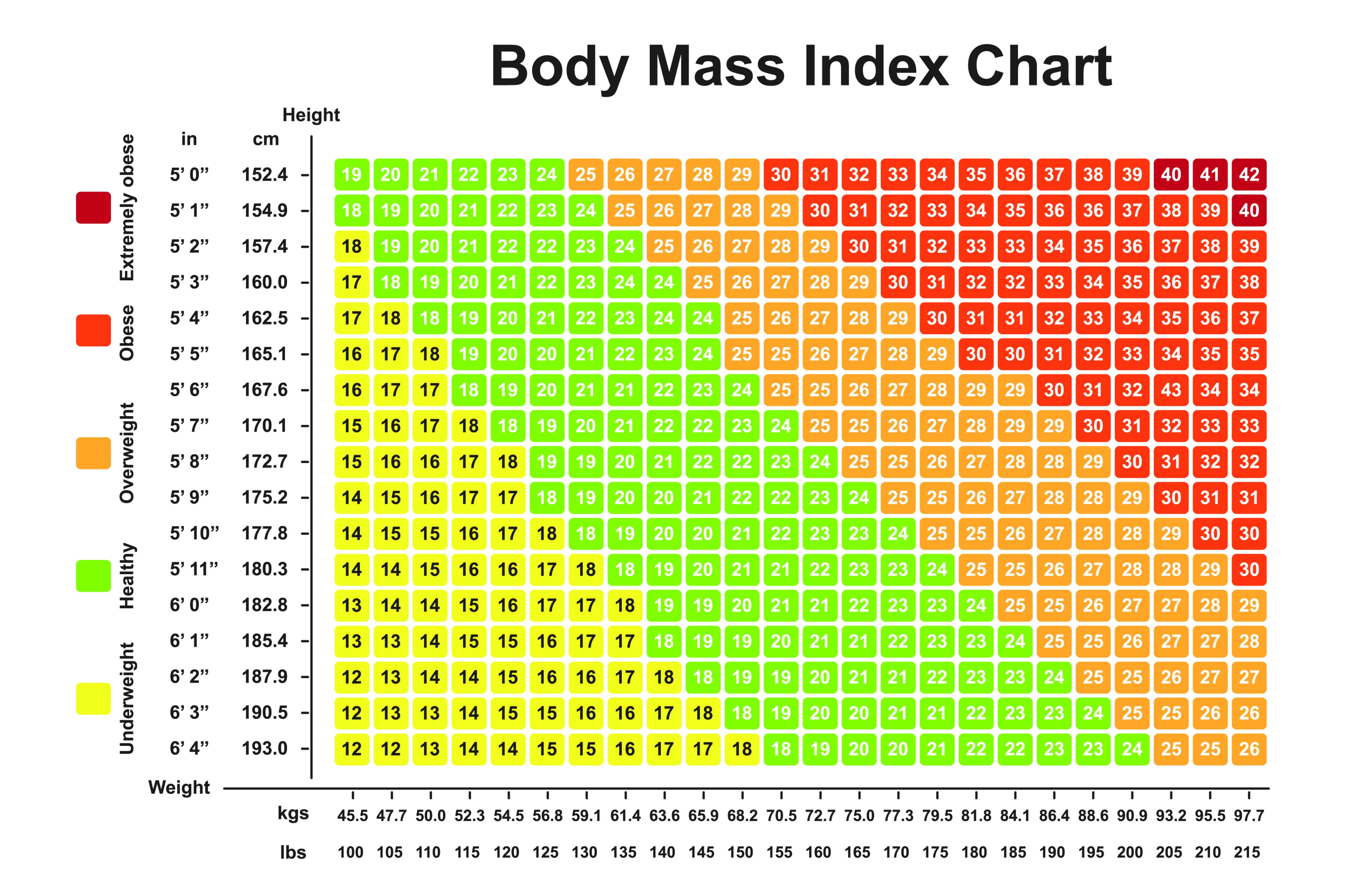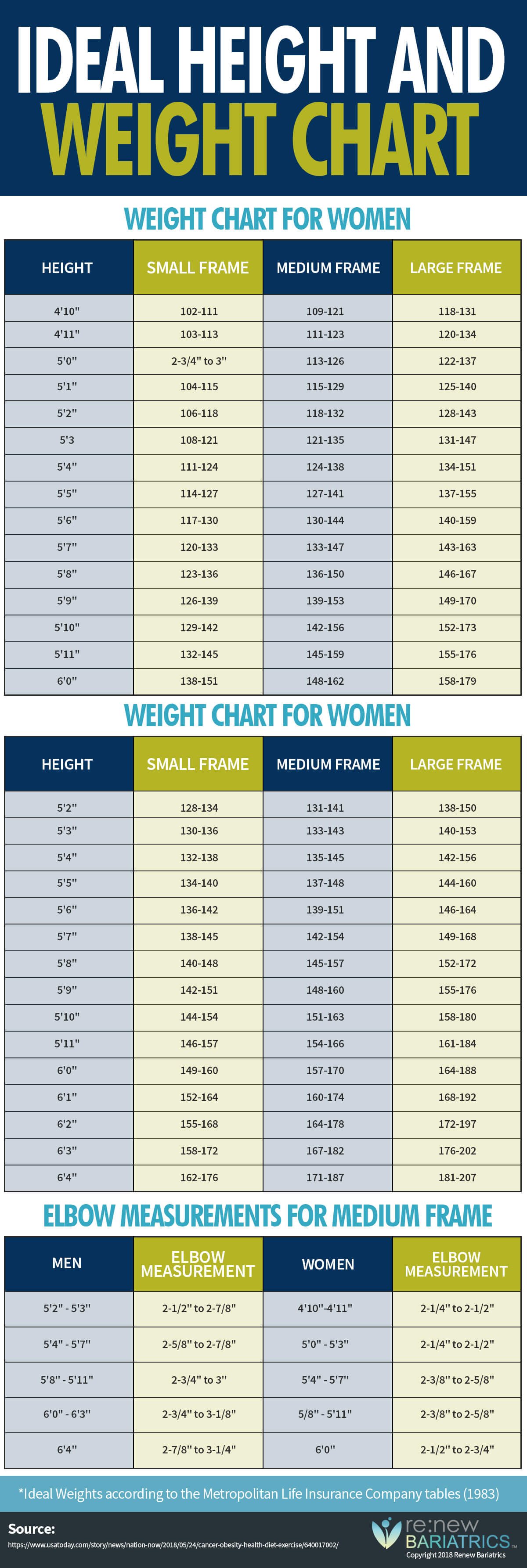When it comes to health and fitness, understanding the ideal weight for your height is crucial. For women who are 5'8", finding the right balance between weight and overall well-being is essential for maintaining a healthy lifestyle. The concept of an "ideal weight" is not just about aesthetics but also about ensuring long-term health and vitality. Many women often wonder whether their current weight aligns with what is considered healthy for their height. This article will delve into the factors that determine the ideal weight for a 5'8" female, providing insights backed by scientific research and expert opinions.
The journey to discovering your ideal weight involves more than just stepping on a scale. It requires a deeper understanding of how factors like body composition, age, muscle mass, and lifestyle habits contribute to overall health. While many women focus on societal standards of beauty, it is essential to prioritize health over unrealistic expectations. This article will explore various methods to calculate ideal weight, including BMI, body fat percentage, and other health indicators, to help you make informed decisions about your well-being.
As we navigate through this topic, we will also address common misconceptions about weight and health. For instance, the idea that a single number on the scale defines your health is far from accurate. Instead, a holistic approach that considers multiple factors is necessary. By the end of this article, you will have a clearer understanding of what constitutes a healthy weight for a 5'8" female and how to achieve it sustainably.
Read also:Emma Loken The Rising Star In The World Of Entertainment
Table of Contents
- Understanding Ideal Weight
- Calculating BMI for a 5'8" Female
- The Role of Body Composition
- How Age and Metabolism Affect Weight
- Lifestyle Factors That Influence Weight
- What is a Healthy Weight Range?
- Common Myths About Weight and Health
- Achieving a Balanced Weight
- Expert Tips for Maintaining Ideal Weight
- Conclusion: Your Path to a Healthy Weight
Understanding Ideal Weight
The term "ideal weight" can be subjective, as it varies depending on individual body types, genetics, and health goals. However, for a 5'8" female, the ideal weight is generally considered to fall within a specific range that promotes overall health and well-being. According to health experts, the ideal weight for a woman of this height typically ranges between 125 to 150 pounds. This range accounts for variations in muscle mass, bone density, and body fat percentage.
It's important to note that ideal weight is not a one-size-fits-all concept. Factors such as age, activity level, and underlying health conditions can influence what is considered healthy for an individual. For example, a younger woman who is physically active may have a higher muscle mass, which can result in a higher weight within the healthy range. On the other hand, an older woman with a slower metabolism may need to adjust her weight goals accordingly.
Why Ideal Weight Matters
- Helps reduce the risk of chronic diseases such as heart disease, diabetes, and hypertension.
- Improves overall energy levels and physical performance.
- Supports mental health by boosting self-confidence and reducing stress.
Calculating BMI for a 5'8" Female
One of the most widely used methods to determine ideal weight is the Body Mass Index (BMI). BMI is a numerical value derived from an individual's height and weight. For a 5'8" female, calculating BMI can provide a general idea of whether her weight falls within a healthy range. The formula for BMI is:
BMI = (Weight in pounds / (Height in inches x Height in inches)) x 703
For a woman who is 5'8" (68 inches), a weight of 140 pounds would result in a BMI of approximately 21.3, which is considered healthy. According to the World Health Organization (WHO), a BMI between 18.5 and 24.9 is classified as normal weight, while anything below or above this range may indicate underweight or overweight conditions.
Limitations of BMI
While BMI is a useful tool, it has its limitations. It does not account for muscle mass, which can lead to inaccuracies for individuals with higher muscle density. For example, an athlete with a muscular build may have a BMI that categorizes them as overweight, even though they are in excellent physical condition.
Read also:Al Pacino Net Worth 2025 A Comprehensive Look At The Legendary Actors Wealth
The Role of Body Composition
Beyond BMI, body composition plays a crucial role in determining a healthy weight. Body composition refers to the proportion of fat, muscle, bone, and other tissues in the body. For a 5'8" female, having a higher percentage of muscle mass can contribute to a higher weight without negatively impacting health.
Measuring body fat percentage is a more accurate way to assess health risks associated with weight. A healthy body fat percentage for women typically ranges from 21% to 33%. Tools such as skinfold calipers, bioelectrical impedance scales, and DEXA scans can provide detailed insights into body composition.
How Age and Metabolism Affect Weight
Age is a significant factor that influences weight and metabolism. As women age, their metabolism tends to slow down, making it more challenging to maintain an ideal weight. For a 5'8" female, this means that weight management strategies may need to evolve over time.
Metabolism is influenced by factors such as muscle mass, hormonal changes, and physical activity levels. Women in their 20s and 30s may find it easier to maintain a healthy weight due to higher muscle mass and faster metabolism. However, as women enter their 40s and beyond, hormonal changes during menopause can lead to weight gain, particularly around the abdomen.
Tips for Boosting Metabolism
- Incorporate strength training exercises to build muscle mass.
- Eat a balanced diet rich in protein, fiber, and healthy fats.
- Stay hydrated and maintain an active lifestyle.
Lifestyle Factors That Influence Weight
Lifestyle habits play a significant role in determining a healthy weight for a 5'8" female. Factors such as diet, exercise, stress levels, and sleep quality can all impact weight management. A sedentary lifestyle, poor dietary choices, and chronic stress can contribute to weight gain and health issues.
On the other hand, adopting healthy habits such as regular physical activity, mindful eating, and adequate sleep can support weight maintenance and overall well-being. For example, engaging in at least 150 minutes of moderate-intensity exercise per week is recommended for maintaining a healthy weight.
Impact of Sleep on Weight
Sleep is often overlooked but is a critical component of weight management. Studies have shown that inadequate sleep can disrupt hormones that regulate hunger and appetite, leading to overeating and weight gain. Aim for 7-9 hours of quality sleep per night to support your weight goals.
What is a Healthy Weight Range?
For a 5'8" female, the healthy weight range typically falls between 125 to 150 pounds. This range is based on general health guidelines and takes into account variations in body composition and lifestyle factors. However, it's important to remember that individual needs may vary.
Consulting with a healthcare professional or registered dietitian can provide personalized guidance on determining your ideal weight. They can assess your unique circumstances and help you set realistic and achievable weight goals.
Common Myths About Weight and Health
There are several misconceptions about weight and health that can lead to confusion. One common myth is that a lower weight always equates to better health. In reality, being underweight can pose health risks such as weakened immunity, bone loss, and hormonal imbalances.
Another myth is that weight loss should be rapid to be effective. However, sustainable weight loss is gradual and involves making long-term lifestyle changes. Crash diets and extreme measures can lead to muscle loss, nutrient deficiencies, and rebound weight gain.
Achieving a Balanced Weight
Achieving and maintaining a balanced weight involves a combination of healthy eating, regular exercise, and mindful living. For a 5'8" female, focusing on nutrient-dense foods and portion control can support weight management. Incorporating a variety of fruits, vegetables, whole grains, lean proteins, and healthy fats into your diet is key.
Additionally, finding physical activities that you enjoy can make exercise a sustainable part of your routine. Whether it's yoga, running, swimming, or dancing, staying active is essential for maintaining a healthy weight and improving overall well-being.
Expert Tips for Maintaining Ideal Weight
Experts recommend several strategies for maintaining an ideal weight. These include:
- Setting realistic and achievable goals.
- Tracking progress through journaling or apps.
- Seeking support from friends, family, or professionals.
- Practicing self-compassion and avoiding negative self-talk.
Importance of Consistency
Consistency is key when it comes to weight management. Small, sustainable changes over time can lead to significant improvements in health and well-being. Avoiding the temptation to follow fad diets or quick fixes is crucial for long-term success.
Conclusion: Your Path to a Healthy Weight
Finding the ideal weight for a 5'8" female involves a comprehensive approach that considers multiple factors, including BMI, body composition, age, and lifestyle habits. While general guidelines can provide a starting point, personalized strategies are essential for achieving and maintaining a healthy weight.
We encourage you to take the first step toward your health goals by consulting with a healthcare professional and adopting sustainable habits. Share your thoughts or questions in the comments below, and don't forget to explore other articles on our site for more tips on living a healthy and balanced life.

